13.49 - Elsa, Drue, and Sylvia: The Sculptor, the Actor, and the Bookshop Owner Go to War
Elsa Behr, Drue Leyton and Sylvia Beach - a wonderful story of these 3 women, their lives, The Resistance and WWII. Enthralling + #BookChat EVENT RSVPs
Today at a Glance: your FREE weekly newsletter
Suggested action: If you’re reading this le bulletin by email rather than on the App you need to know that it’s longer than email allows you to read it in full - to do so you’ll need to click the three dots to the left at the base of your email. Enjoy
Elsa, Drue, and Sylvia: The Sculptor, the Actor, and the Bookshop Owner Go to War by Mark Jespersen
REMINDER #Bookchat EVENT
Recently published articles: MyFrenchLife™ Magazine
Thank you + read all about my visit to the UK ‘Face-to-face yet Otherworldly’
‘le Bulletin' is read in 67 countries. I’m thrilled by how far & wide you’re spread and that you’re enjoying reading. I would be grateful if you’d consider supporting my work by upgrading your subscription. - Merci. Judy - 9.12.23
Introduction of MyFrenchLife Contributor: Mark Jessperson
Mark Jespersen was born in San Francisco and raised in Chicago, he fled Minnesota and landed on the coast of New England. There he met his wife, Kim, in a used bookshop. Fifteen years ago, they set sail for France. Creating – from music to writing to photography to art — keeps them busy. You find out more on Mark’s Website. You’ll find Mark’s contributed articles here.
Elsa, Drue, and Sylvia: The Sculptor, the Actor, and the Bookshop Owner Go to War - Mark Jesperson
Elsa Behr
Elsa Behr Spalding arrived in Paris in 1923 to study art at the Académie Julian. In a fit of “wanderlust,” as she described it to a friend, she’d left behind her husband, young son, and vast family estates in California and Hawaii to follow her dream of becoming a sculptor.
She was captivated by Paris. “The Fourteenth of July was a fascination,” she wrote. “Celebrations for three days, little bandstands around which we danced in the streets, and the feeling of real enjoyment among the people. There is, to me, no place like this in the world.”
Sylvia Beach
Like many Americans flocking to Paris in the early 1920s, Elsa bought a subscription at Shakespeare and Company, the little bookshop on the rue de l’Odéon that Sylvia Beach had opened a few years earlier. Sylvia had become enchanted by the City of Light when her father was there as a minister of the American Presbyterian Church. A lover of books even as a young girl, she’d studied French Literature at the Sorbonne and daily perused the old green stalls of the Bouquinistes that lined the Seine nearby.
Drue Leyton
Drue Leyton, who grew up in Wisconsin, went to Hollywood in the 1930s. She became an instant celebrity for her role as the blonde heroine in the campy mystery series of Charlie Chan films.
Looking for something more, Drue began taking on more difficult roles, first on Broadway and then in London where she fell in love with the French actor and screenwriter, Jacques Tartière. They were married the day before the Munich Agreement was announced. “Peace in Our Time,” declared Chamberlain a bit hastily.
In September 1939, Hitler invaded Poland and Great Britain and France immediately declared war on Germany while the United States tried to remain neutral.
Jacques and Drue moved back to France where she took a job with the French Ministry of Information, producing radio programs aimed at American listeners. Her sharp criticisms of the Nazi regime earned her a promise of execution, announced on Berlin radio.
Marshal Pétain took over the government of France on June 17, 1940, and went on the air to broadcast his infamous radio message, outlining why France was capitulating to the Germans. Drue was there in the studio, as dumbfounded as everyone else.
Americans by the thousands had gone to Paris in the early 1920s. There were 6,000 in 1921, and by 1924, a staggering 30,000. In the early 1940s, with the German Occupation in full swing, only about 2,000 American men, women, and children were left.
Like Elsa, Drue, and Sylvia, they’d either chosen to stay or, for those less fortunate, simply couldn’t get out.
The United States now officially at war with Germany and Japan: 1942
During the summer of 1942, with the United States now officially at war with Germany and Japan, the Nazis began rounding up the American women still in Paris. Arrested along with Drue were Elsa, Sylvia Beach, the artist Mabel Gardner, and Gladys Delmas, a writer.
The Americans were not part of the 75,000 French Jews sent to the death camps (with the help and collaboration of French citizens), but in those times no one knew for certain what would become of the latest group of people who were being herded onto trucks, buses, or trains by the Nazis.
The House Near Paris
In Drue’s book, The House Near Paris, written after the war, she describes how she and her friends were taken away without notice, first in trucks, then by train to the German prisoner of war internment camp at Vittel, an old spa town in eastern France.
Vittel – Frontstalag 194
Eight women shared the filthy compartment on their train. German nurses distributed hot coffee to the soldiers and guards, but when the Americans asked for some, according to Sylvia and Drue, the nurses threw “the dregs from the empty cups in our faces.”
In the morning, their train pulled into Vittel. After a long walk from the station, they arrived at Frontstalag 194. The British women, imprisoned there since the beginning of the war, came to the windows and banged out a welcome on their pots and pans. Sylvia described their room in the deserted dirty building as the kind of place where you go to slit your wrists.
Drue and Sylvia managed to get released from Vittel, with the help of French doctors, by feigning cancer. Most of the women, however, were held prisoner until the end of the war.
The Resistance
By the time Elsa was released, Drue and Sylvia were working as liaisons in the Resistance, helping Allied fliers get across enemy lines and back to their outfits. As a trusted friend, Elsa immediately joined them. Besides keeping the soldiers out of sight, they needed civilian clothes for the downed fliers still in uniform. Sylvia raided the closets of her author friends who’d fled Paris and left their belongings in her care.
It was dangerous work. One slip-up within their group often meant instant death. In all, 196 fliers were hidden away in homes and apartments and then, when the time was right, escorted safely out of Paris. “Many thousands of men and women did more than I could,” wrote Drue. “Many others gave their lives.”
Near the end of the war, Elsa wrote her friends in California that just like thousands of others during the Occupation, she had been cold, without water, light, soap, cloth, meat, butter, sugar, tea, or coffee. “And never able to speak openly except in the immediate circle of our truest friends. I have seen friends disappear, one by one, taken by the Gestapo, into Germany, whence no news comes. Yet all that seems nothing compared to what these boys are doing for us in a country not their own.”
There’s a renewed interest in the daring and behind-the-scenes exploits of women during the war years. Elsa, Drue, and Sylvia simply put their lives on hold and fought to bring freedom back to the France they loved.
Many other stories have yet to be told.
Mark is inviting us all to write short stories about his wonderful photos in the comments below.
2. BOOK CLUB EVENT Monday/Tues Are you in?
Bonjour, I hope that you are well and ready for a fun discussion.
If you're still reading this award-winning French book (in English or French) that's ok please still attend, as it is a fascinating book. And if you need a little push to get through the middle, let me say: "The ending is fabulous!" Judy
Now, Find your timezone - Which event suits you? (2 Events across 9 timezones)
EVENT #1 - Judy MacMahon to facilitate
UK (Scotland) - GMT - Monday 11 December 9am
France - CET - Monday 11 December 10am
South Africa - SAST - Monday 11 December 11am
Australia
- AEDT - Melbourne - Monday 11 December 8pm
- AEST - Brisbane - Monday 11 December 7pm
EVENT #2 - Keith Van Sickle will facilitate & Judy to co-ordinate
USA & Canada
- PST - Monday 11 December 4pm
- MST - Monday 11 December 5pm
- CST - Monday 11 December 6pm - (not the time previously advised)
- EST - Monday 11 December 7pm
Australia
- AEDT - Melbourne - Tuesday 12 December 11am
- AEST - Brisbane - Tuesday 12 December 10am
HOW TO RSVP: you’re not too late
You’ll need a ZOOM LINK to attend - no link no access, unfortunately.
If you’d like to join us, tell me in comments, then complete the RSVP form ASAP: https://bit.ly/3uIQQjo Then we’ll send you the event ZOOM LINK. I’m looking forward to hearing from you soon. Thank you. Judy
3. Recent MyFrenchLife Magazine articles
MyFrenchLifeMagazine: Where you can experience France beyond the cliché
Keep up to date with the new articles
3. Merci mille fois
“Thank you so much for reading ‘le Bulletin’. I appreciate the support you’re providing by reading and subscribing to le Bulletin.”
This week’s ‘le Bulletin’ for PAYING subscribers, is in your inbox without a paywall. It’s all about my family visit: Face-to-Face yet Otherworldly’
À Bientôt,
Judy x


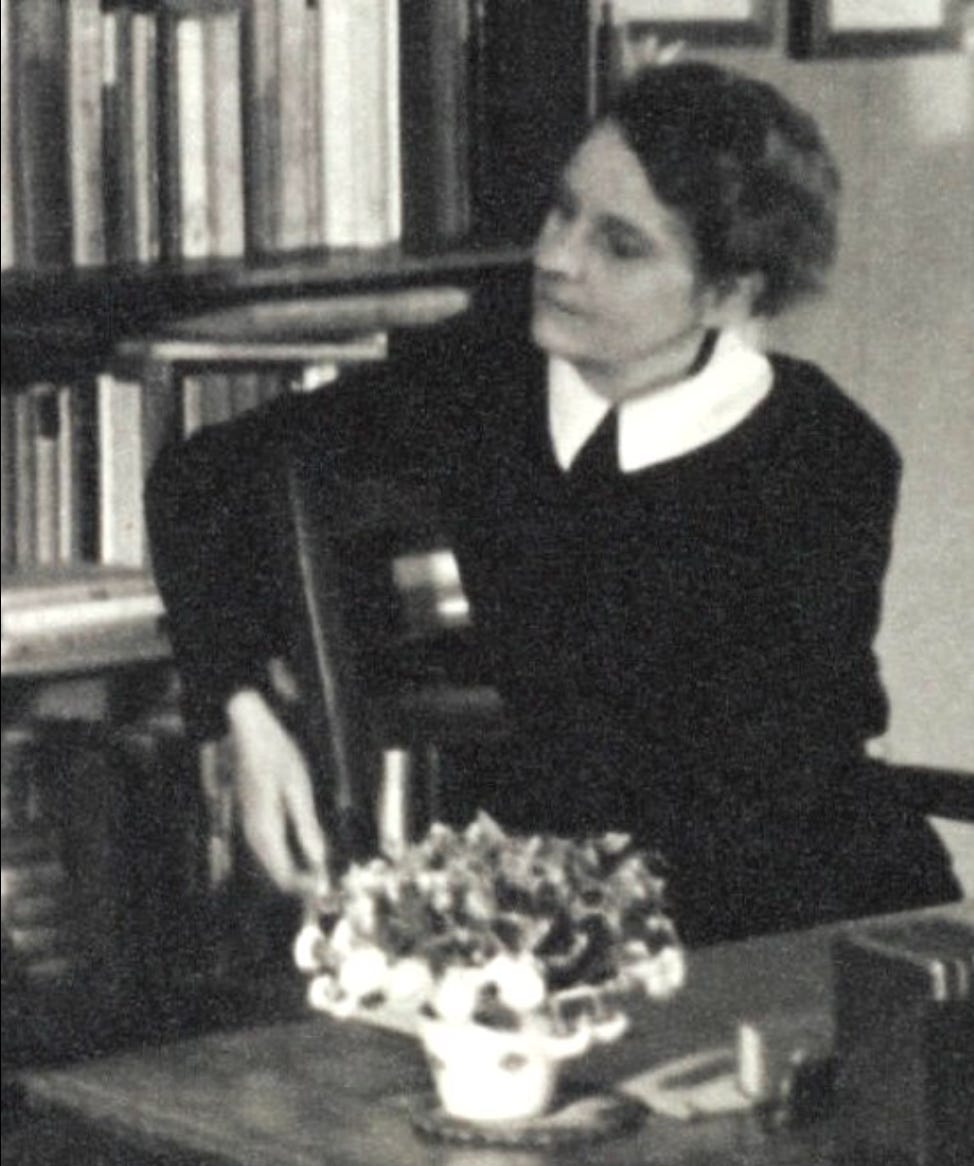
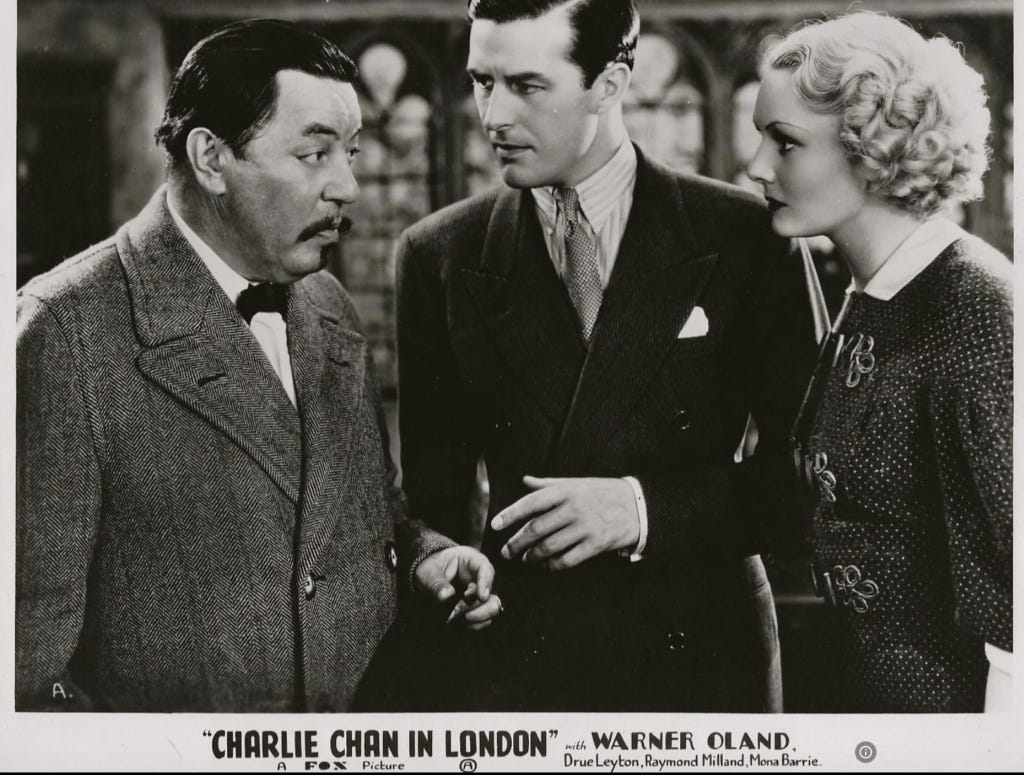
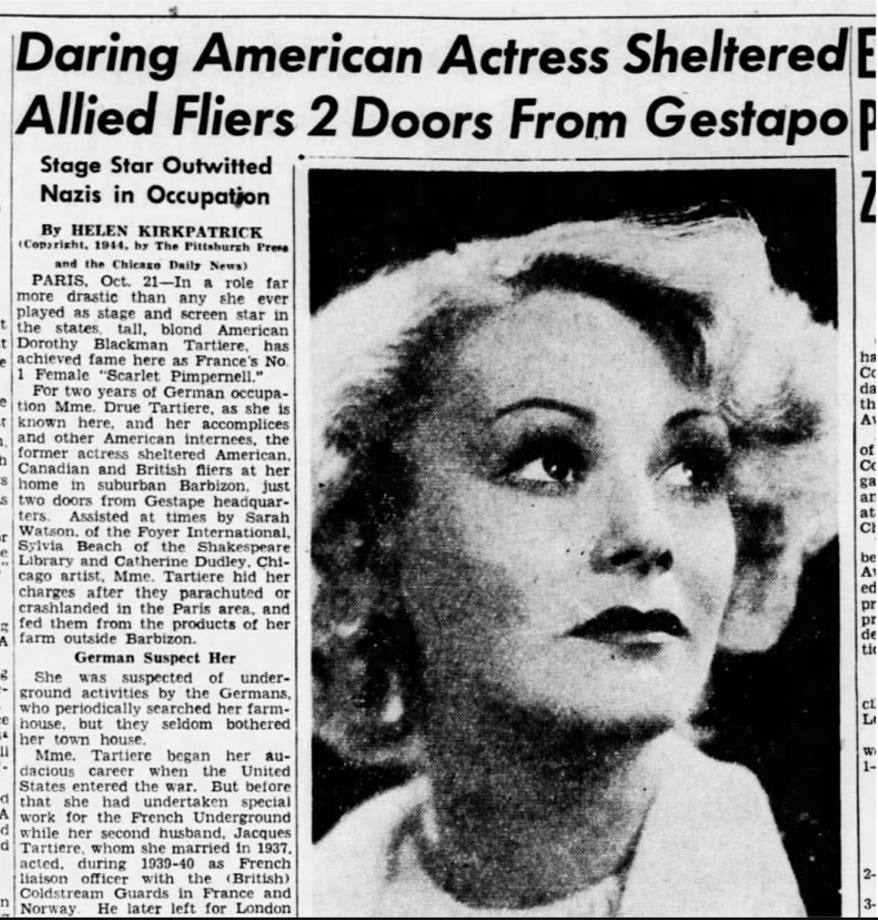
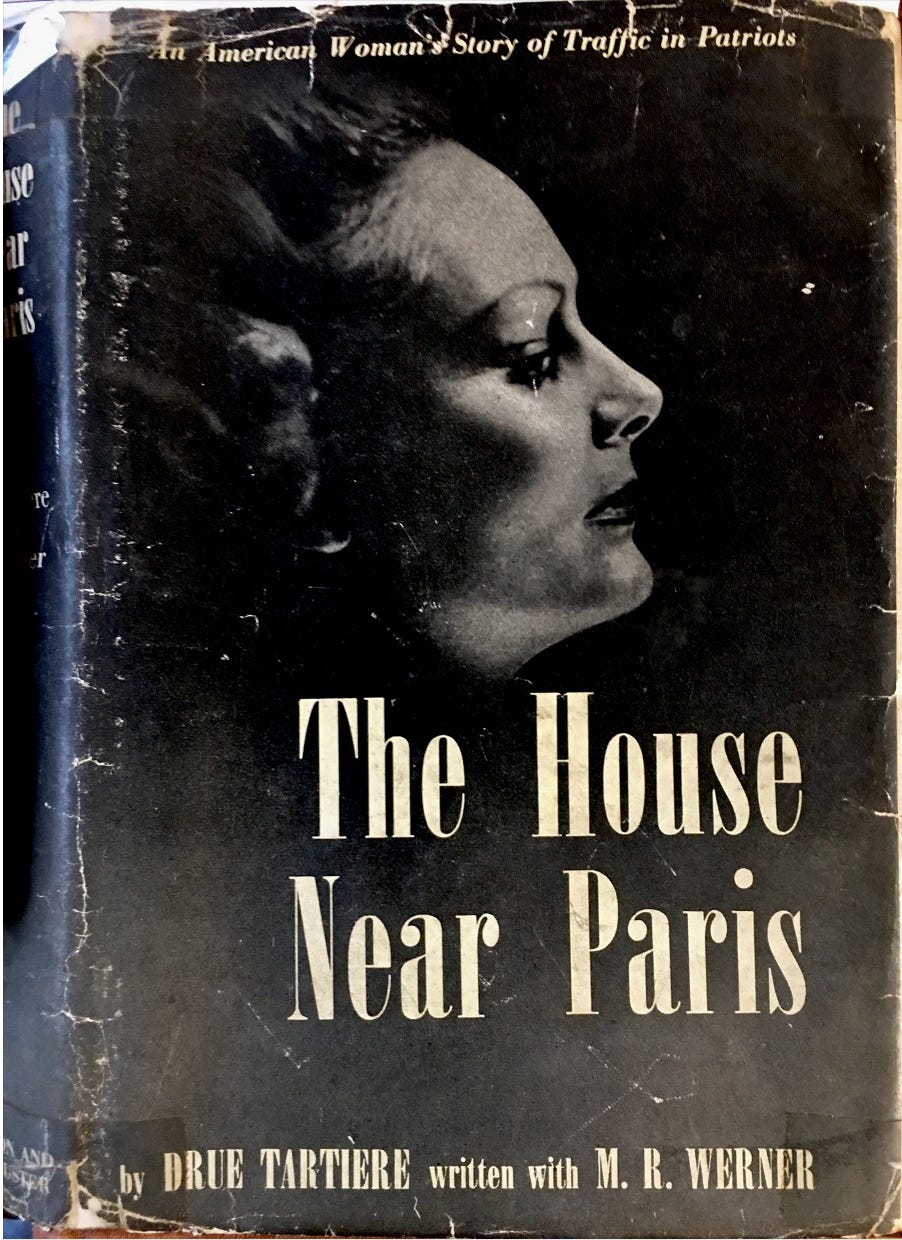
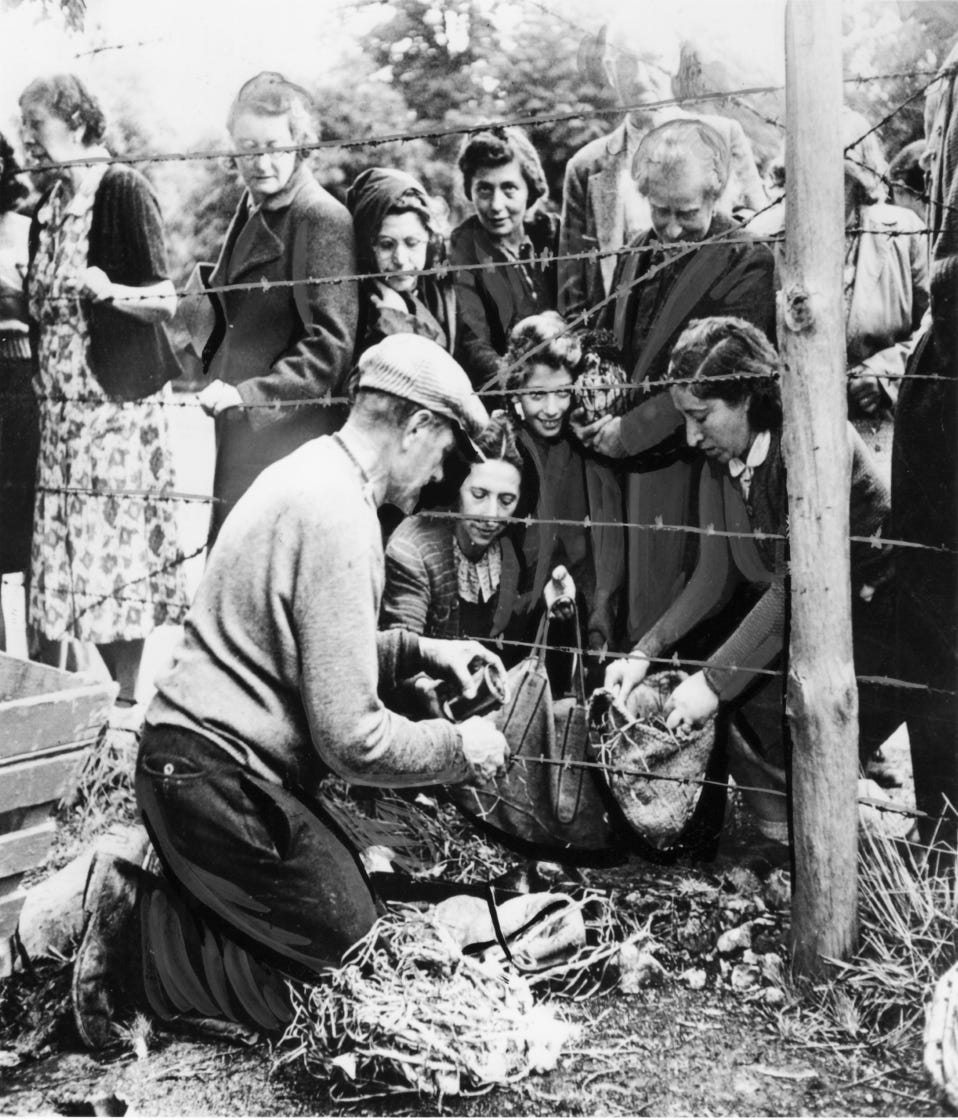
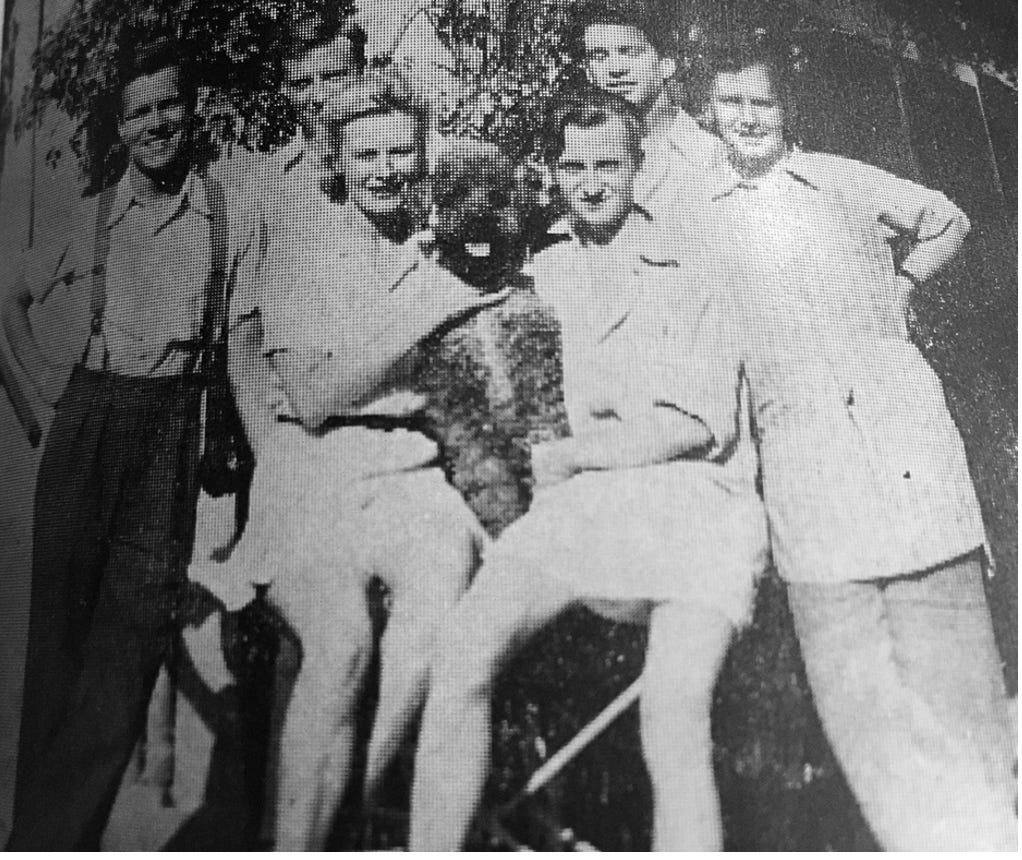
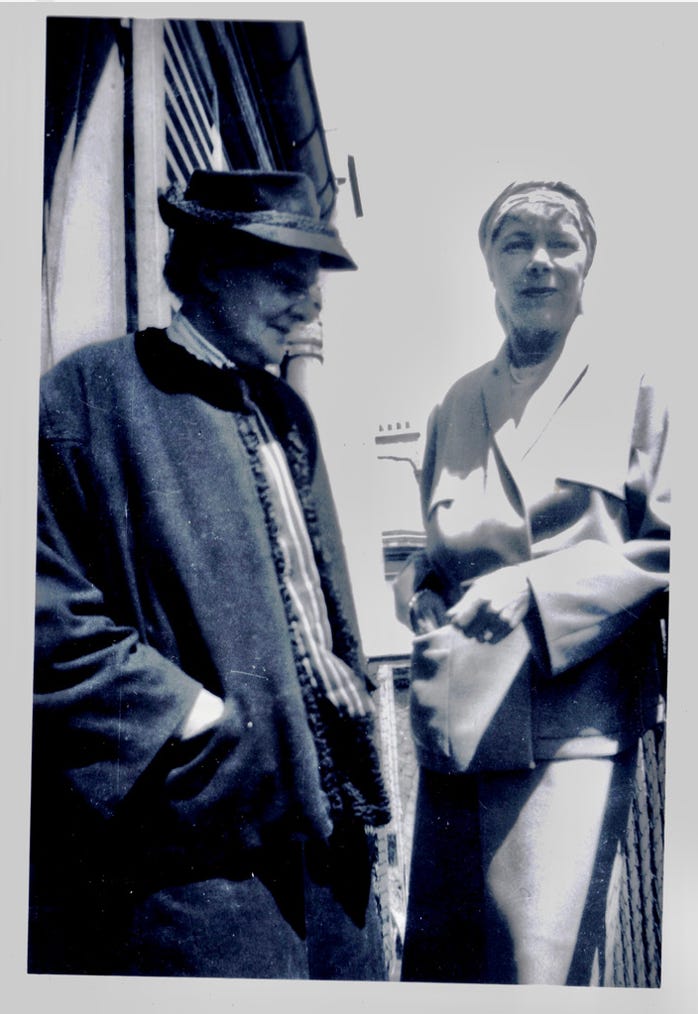
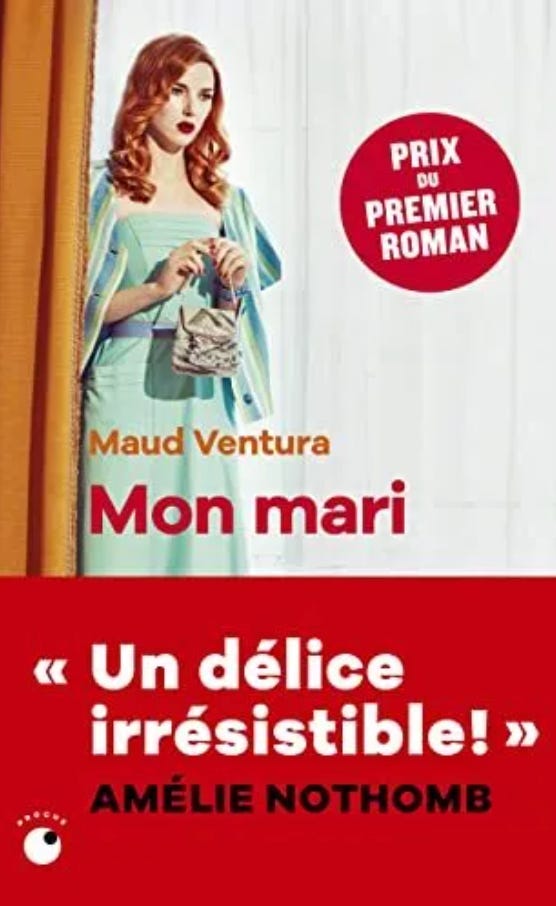
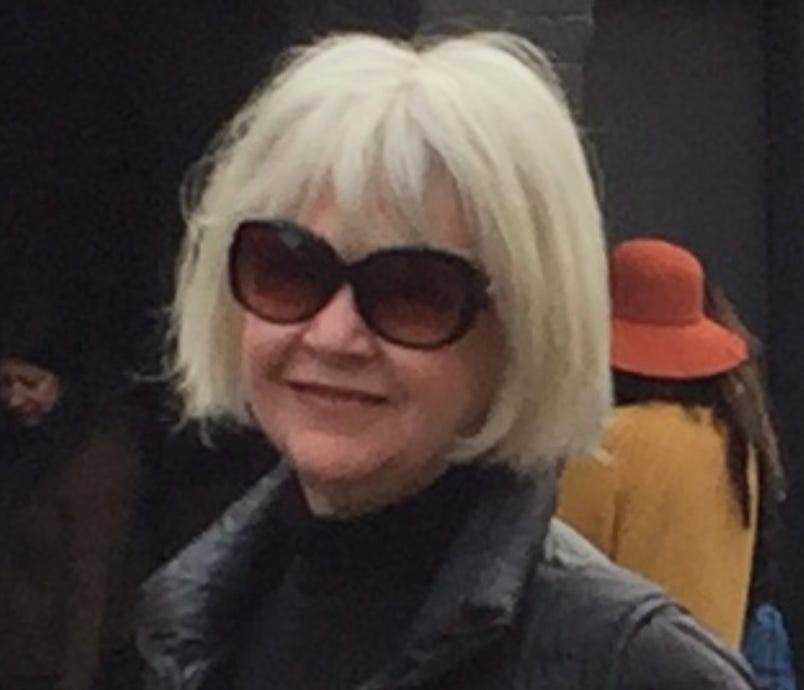
Fascinating article. Thanks. Ronnie Hess
Another amazing story from Mark Jespersen.